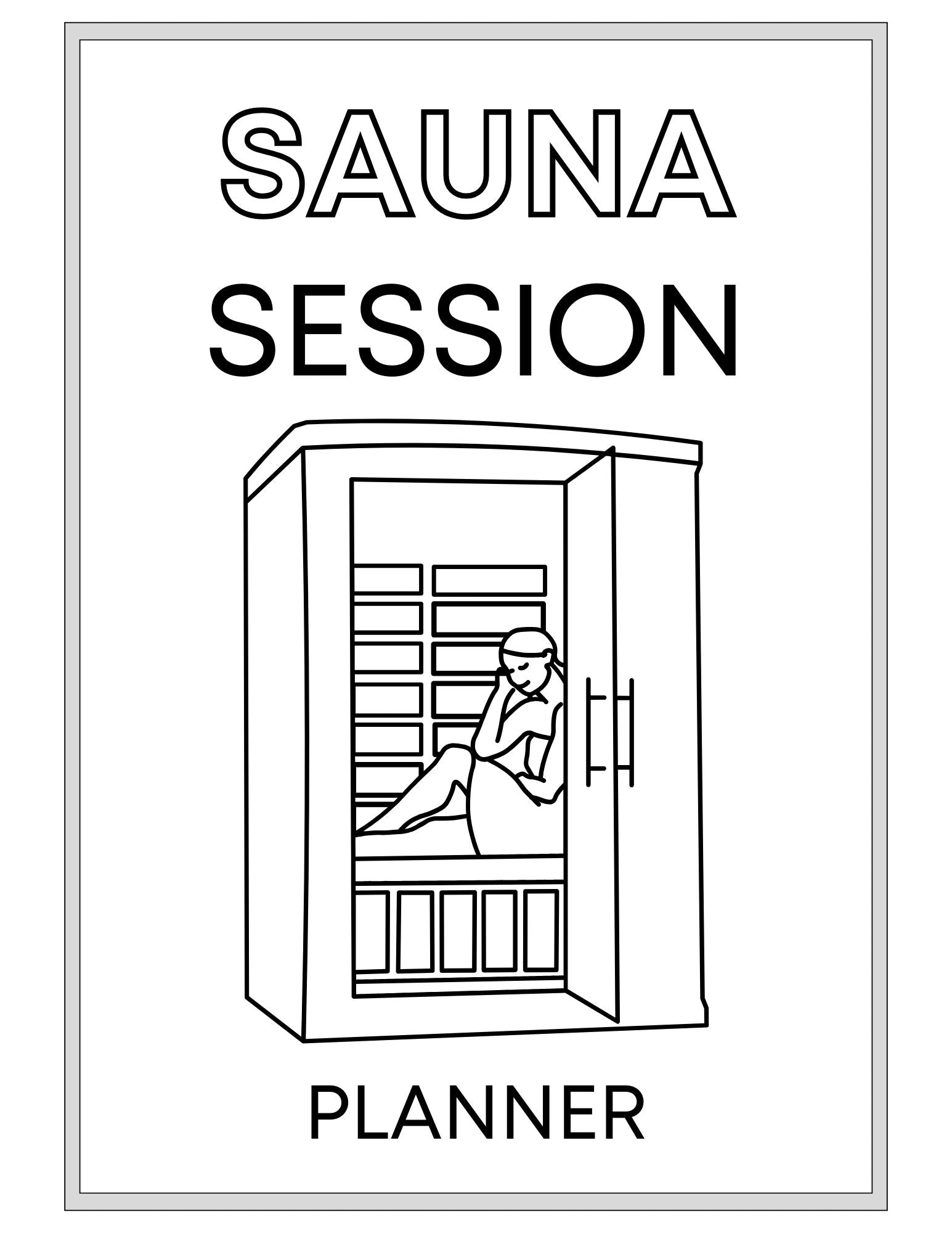
Stoic Wisdom: Modern Strategies for Stress Relief
In our fast-paced, technology-driven world, stress has become an almost ubiquitous part of life. Many individuals are searching for effective ways to cope, and ancient philosophies like Stoicism offer a rich reservoir of wisdom. Stoicism, founded in ancient Greece, emphasizes rationality, self-control, and the importance of virtue in overcoming adversity. This article delves into how Stoicism can provide practical strategies for managing stress in our modern lives.
What Is Stoicism and Why Is It Relevant Today?
Stoicism is an ancient philosophy that teaches the development of self-control and fortitude as a means to overcome destructive emotions. The core tenets of Stoicism focus on distinguishing between what is within our control and what is not. This dichotomy is particularly relevant today, as modern stressors often stem from external circumstances beyond our influence.
For instance, a study by the American Psychological Association found that 77% of people regularly experience physical symptoms caused by stress, underscoring the importance of effective stress management strategies (American Psychological Association, 2020). By practicing Stoic principles, individuals can better navigate these challenges with grace and resilience.
How Can Stoic Principles Help Manage Stress?
Stoicism offers several practical strategies that can be seamlessly integrated into daily routines for stress management. Here are some foundational techniques:
1. The Dichotomy of Control
One of the most powerful Stoic teachings is the dichotomy of control, which posits that we should focus only on what we can control and accept what we cannot. This principle helps eliminate unnecessary stress by redirecting our energy toward constructive actions. For example, if you are worried about an upcoming presentation, concentrate on preparing thoroughly rather than stressing about the audience's reaction.
2. Negative Visualization
Negative visualization involves mentally preparing for potential setbacks. By considering worst-case scenarios, you can cultivate a sense of gratitude for what you currently have, thereby reducing anxiety about future uncertainties. A study published in the Journal of Positive Psychology showed that individuals who practiced negative visualization experienced increased levels of happiness and reduced anxiety (Seligman et al., 2005).
3. Mindfulness and Presence
Stoicism encourages mindfulness, which involves being fully present in the moment. Practicing mindfulness techniques, such as meditation or deep breathing, can significantly alleviate stress. Research indicates that mindfulness can reduce stress levels and improve overall emotional well-being (Kabat-Zinn, 2003). By anchoring your thoughts in the present, you can diminish the tendency to ruminate on past mistakes or future worries.
4. Journaling for Reflection
Many Stoics, including Marcus Aurelius, kept journals to reflect on their thoughts and actions. Journaling can serve as a therapeutic outlet for processing stressors and identifying patterns in your emotional responses. It allows for self-examination and can lead to improved emotional regulation and clarity in decision-making.
What Are Some Practical Activities to Incorporate Stoicism?
Here are some actionable activities you can incorporate into your routine to apply Stoic principles effectively:
- Daily Reflection: Spend a few minutes each day reflecting on your actions and thoughts. Ask yourself what you did well, what you could improve, and how you reacted to stressors.
- Practice Gratitude: Maintain a gratitude journal where you list things you are grateful for, helping to shift focus from stress to appreciation.
- Engage in Physical Activity: Whether through yoga, running, or weightlifting, engaging in physical activity can reduce stress hormones and improve mood.
- Limit Information Overload: In a digital age, it’s easy to become overwhelmed by information. Set boundaries around news consumption and social media to reduce stress.
How Does Stoicism Foster Resilience?
Resilience is the ability to bounce back from challenges, and Stoicism inherently promotes this quality. By training the mind to accept adversity as a part of life, Stoics cultivate a robust mental framework that aids in overcoming obstacles. Research in psychological resilience supports the idea that individuals who adopt a Stoic mindset are often better equipped to handle stress and setbacks (Reivich & Shatté, 2002).
Can Stoicism Be Practiced in Group Settings?
Absolutely! Implementing Stoic practices in group settings, such as mindfulness workshops or stress management seminars, can enhance collective resilience. Group discussions can facilitate shared learning experiences, allowing individuals to draw strength from one another. For example, participating in group activities like yoga or meditation can reinforce community support and shared commitment to personal growth.
Mid-article CTA: If you're interested in integrating a holistic approach to your stress management, consider exploring the benefits of sauna therapy or floatation therapy.
FAQs
What are the core principles of Stoicism?
The core principles of Stoicism include the dichotomy of control, the practice of virtue, and the importance of rationality and mindfulness in daily living.
How can I start practicing Stoicism?
Begin by incorporating daily reflections and practicing mindfulness. Reading Stoic texts such as "Meditations" by Marcus Aurelius can also provide valuable insights.
Is Stoicism just about suppressing emotions?
No, Stoicism teaches the regulation of emotions rather than suppression. It encourages understanding and managing emotions to achieve a balanced state of mind.
Can Stoicism improve my mental health?
Yes, studies suggest that Stoic practices can enhance mental health by fostering resilience, reducing anxiety, and promoting overall well-being.
Are there modern Stoic communities?
Yes, there are numerous online and offline communities dedicated to Stoicism where individuals can share experiences and learn from one another.
How does Stoicism compare to other philosophies?
While Stoicism shares some similarities with Buddhism in terms of mindfulness, it emphasizes rationality and virtue as key components of a fulfilling life.
Can Stoicism be harmful?
Like any philosophy, Stoicism can be misinterpreted. It’s important to apply its principles in a balanced way, recognizing the value of emotional expression when necessary.
By engaging with Stoic teachings, individuals can cultivate resilience and find effective strategies for managing stress in today's hectic world. The path to a more balanced and peaceful life is within reach, and applying these timeless principles can guide you toward that goal. Explore further practices and tools to enhance your stress management journey today!
Author Bio: [Your Name] is a mental health advocate and wellness coach specializing in stress management techniques, including Stoicism. With a passion for helping individuals lead balanced lives, [Your Name] incorporates ancient wisdom into modern well-being practices.
View More Articles





















































